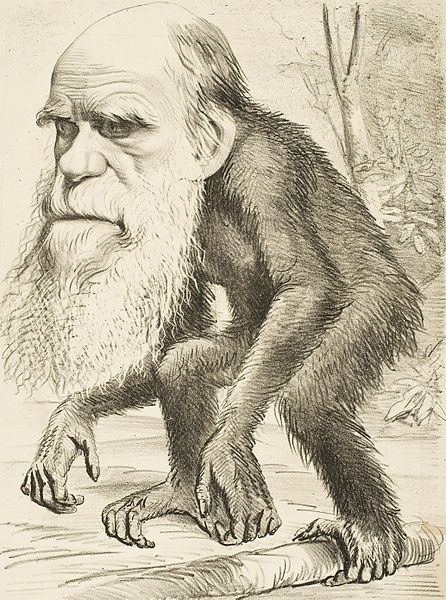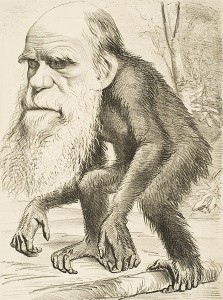Trinity College Theological Society recently held a talk by Dr Alistair Noble titled ‘A Scientific Case for Intelligent Design’ which I attended as, possibly, the only biologist in the room. It was a fascinating, if deeply frustrating, experience. Before I get into the details of the talk, a brief explanation of intelligent design may be necessary. . .
Intelligent design (ID) is the ‘theory’ that certain features of the universe, including life, are best explained by invoking a creator. I put ‘theory’ in quotes because in a scientific theory is a very particular beast. It must have both explanatory and predictive powers. For example, the theory of evolution by natural selection explains how life evolved and can also be used to make predications about life that can be tested. The ‘theory’ of intelligent design has little explanatory power (“the designer did it”) and makes no predictions. As such, it is held with little esteem within the scientific community.
Outside the scientific community, however, there are some who hold ID in very high esteem. They think that it is a credible scientific theory and there have been many attempts, particularly in the U.S., to have ID taught in schools as a counter to evolution. This is deeply worrying to those who care about scientific literacy but has to be tackled carefully.
The reason for such caution is that ID is most loudly promoted by religious groups who feel that the theory of evolution is anathema to their beliefs and as such must be countered. In the past they countered with Creationism, but in recent years they have tried to remove the explicit religious overtones of Creationism, removing God, replacing him with an unspecified ‘designer’ and calling the new theory ‘intelligent design’. Thus the debate around ID is not just a scientific debate but is also a religious debate involving deeply held personal beliefs.
I hold the opinion that your personal beliefs are yours, and are no concern of mine, but when you try and mess with science, well, that’s another story! I went to the talk as I was curious to hear the scientific evidence for ID. Would it persuade me that there was a case for ID? . . .
Author
hearnes[at]tcd.ie
Photo credit
wikimedia commons


